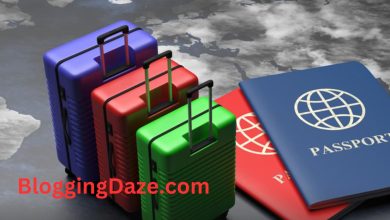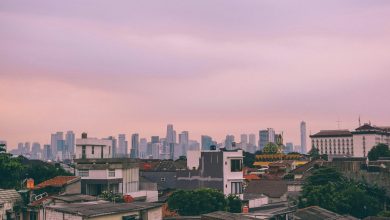Establishing a Beauty Business in Indonesia?

Establishing a Beauty Business in Indonesia: What You Need to Know
Indonesia’s beauty industry is booming. With a population of over 275 million — most under 35 — the demand for skincare, cosmetics, and wellness services is growing fast. Social media trends, rising disposable income, and increasing awareness about personal care all fuel this vibrant market. If you’re considering launching a beauty business in Indonesia, here’s what you should know to set yourself up for success.
Understanding the Market
Indonesia is diverse. Beauty standards and preferences vary across its thousands of islands. In urban hubs like Jakarta, Surabaya, and Bali, consumers are open to global trends, eager for innovative products, and responsive to K-beauty and J-beauty influences. Meanwhile, in smaller cities, consumers might prioritize halal certifications and locally tailored products.
A strong trend in Indonesia is the preference for natural ingredients. Many consumers look for herbal or botanical formulations, partly due to cultural traditions. Brands that emphasize safe, gentle, and eco-friendly products often gain traction.
Navigating Legal and Regulatory Requirements
Before setting up shop, you’ll need to navigate Indonesia’s regulatory framework. The National Agency of Drug and Food Control (BPOM) oversees cosmetics and personal care products. You’ll have to register all products with BPOM before they hit the market. The process involves submitting detailed ingredient lists, safety data, and product samples for evaluation.
If your products carry halal claims, certification from the Halal Product Assurance Organizing Agency (BPJPH) is mandatory. This is a strong selling point in the Indonesian market, given that about 87% of the population is Muslim.
For establishing a business entity, foreign investors typically set up a PT PMA (foreign-owned limited liability company). This requires a minimum investment plan — currently around IDR 10 billion (roughly USD 650,000). Partnering with local distributors or considering joint ventures is also common, especially to navigate local networks and market nuances.
Building Your Brand in Indonesia
Brand building here means more than just glossy ads. Indonesians are heavy social media users, especially on Instagram and TikTok. Influencer partnerships can be a powerful way to introduce your brand, generate trust, and create viral traction. Many local beauty influencers actively share skincare routines, makeup tutorials, and unboxing videos that drive purchasing decisions.
Customer education is also key. Workshops, beauty talks, and in-store experiences can help demystify new products and build loyalty. Given the growing number of dermatology clinics and beauty bars, collaborations can also extend your reach.
Logistics and E-Commerce
Indonesia is an archipelago, which presents logistical challenges. Choosing reliable distribution partners is critical to ensure products reach customers promptly and in good condition. E-commerce platforms like Tokopedia, Shopee, and Lazada dominate online retail and are essential channels for most beauty brands. Consider offering special bundles or free shipping promotions to stand out.
Conclusion
Launching a beauty business in Indonesia is a promising venture, but it requires careful planning. From understanding local beauty ideals and securing necessary certifications to crafting digital-savvy marketing campaigns, success depends on respecting the local context. With the right strategy, Indonesia’s beauty market offers rich rewards for brands ready to commit and connect with its dynamic consumers



